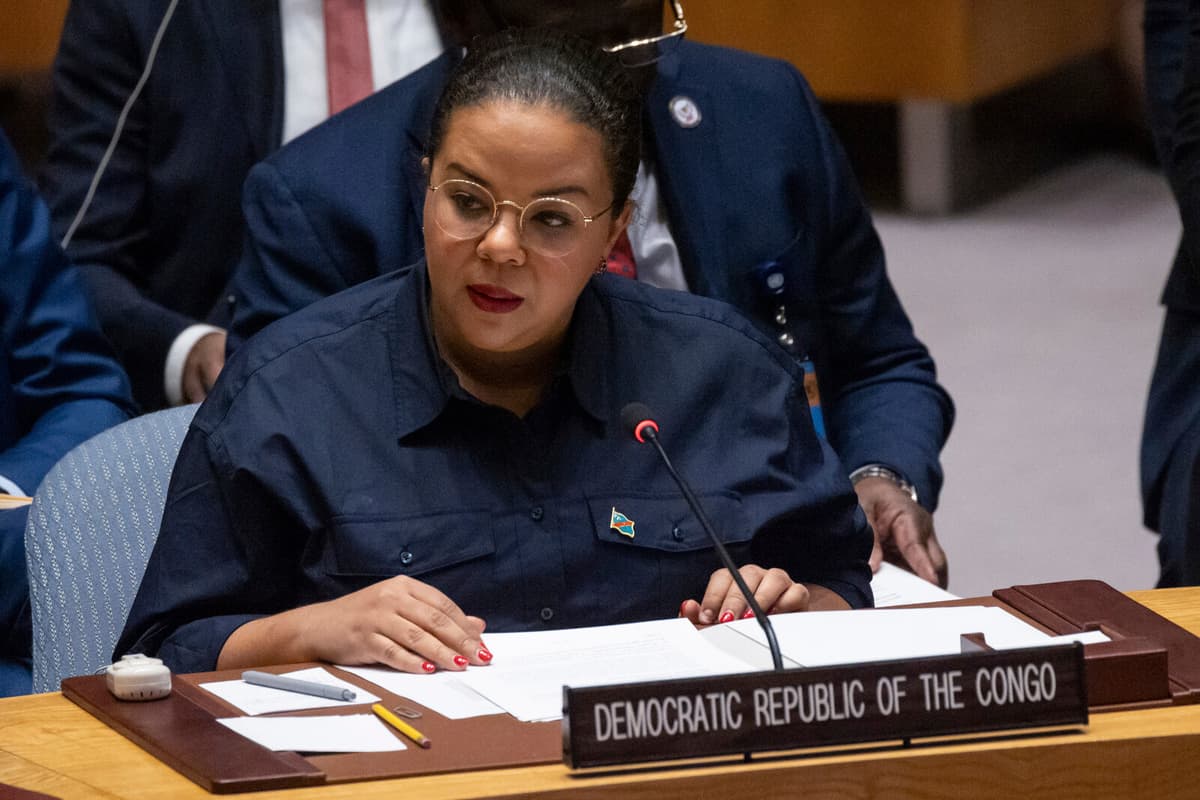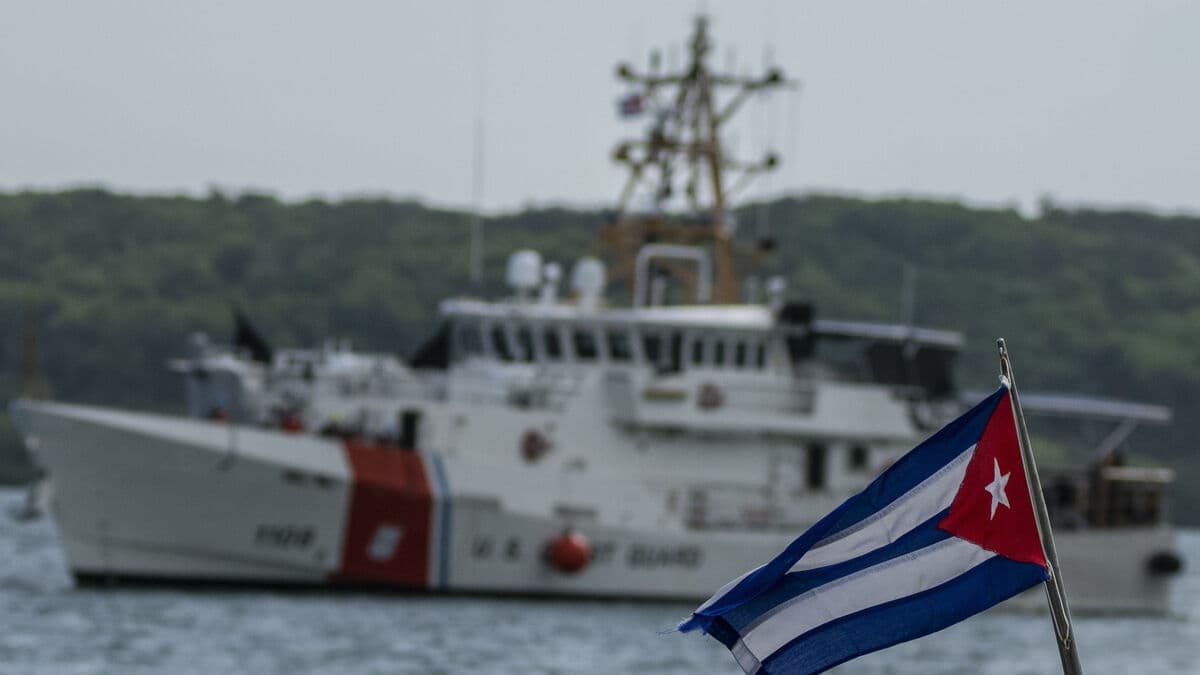The crisis meeting in the UN Security Council in New York on Sunday began with a warning from UN Secretary-General António Guterres. He urged Rwanda to leave the neighboring country.
Guterres also said that Rwanda must cease its support to M23, which he condemned, and that the country must leave the Democratic Republic of the Congo.
Then, the representative of the Democratic Republic of the Congo accused the neighboring country of invading the country.
More forces from Rwanda have crossed (the border) ... in broad daylight, in an open breach of our sovereignty, said Foreign Minister Thérèse Kayikwamba Wagner, adding that it is "a declaration of war".
The move came hours after the decision to sever contacts with Rwanda.
Airport Closed
The rebel movement M23 is said to be besieging the central city of Goma, with around two million inhabitants. Goma also hosts a large part of the international aid organizations and peacekeeping efforts in the country.
Goma's international airport was closed and evacuated on Sunday afternoon due to the security situation.
At least two people were injured, according to the UN peacekeeping forces, when a drone from Rwanda attacked targets just north of Goma.
In clashes with M23, at least thirteen foreign soldiers in peacekeeping forces have been killed in recent days, including seven South Africans.
Rwanda and its President Paul Kagame deny involvement in the conflict or supporting the rebel group M23. UN experts estimate that there have been around 4,000 soldiers from Rwanda in the neighboring country.
Several Rebel Groups
The rebel movement M23 emerged over a decade ago and consists partly of fighters from the Tutsi ethnic group who defected from the Democratic Republic of the Congo's army.
Through the latest offensive, M23 appears to be the leading group among those fighting in the mineral-rich but economically and humanitarily ravaged eastern Democratic Republic of the Congo. According to estimates from the UN, around 100 rebel groups are active in the eastern part of the country.
UN agencies also emphasize that the consequences of the fighting are enormous. Around 400,000 are internally displaced in the provinces of North Kivu and South Kivu, and nearly six million inhabitants have already been forced to flee their homes in four provinces in eastern Democratic Republic of the Congo.






